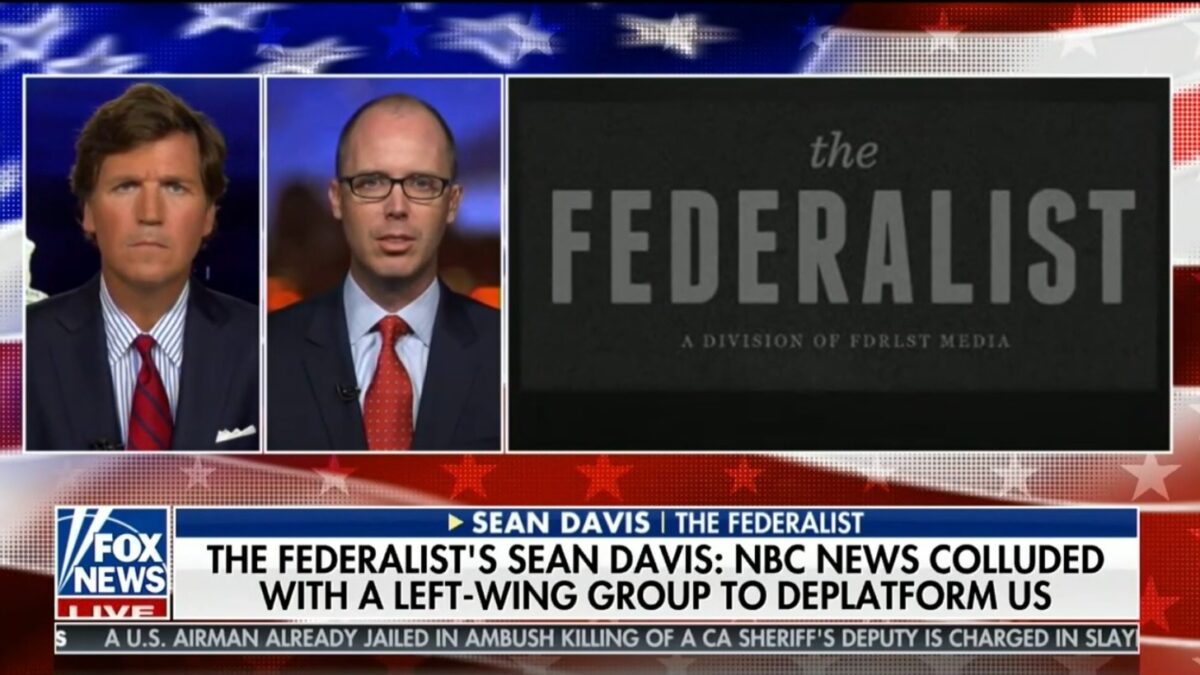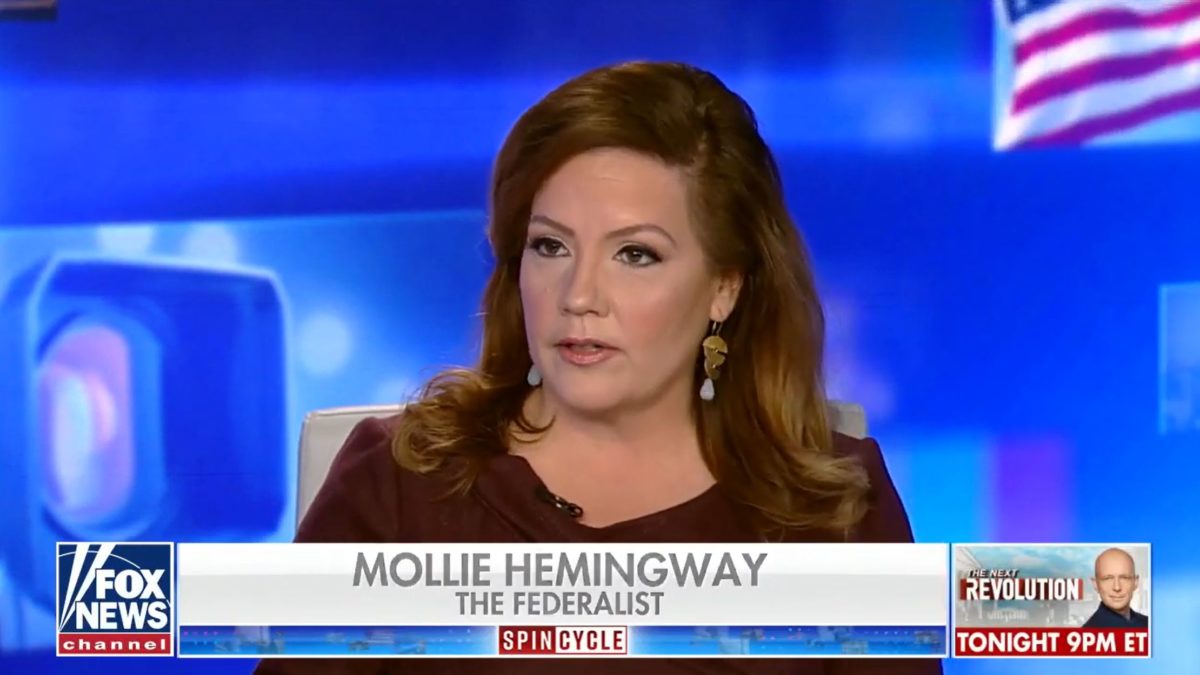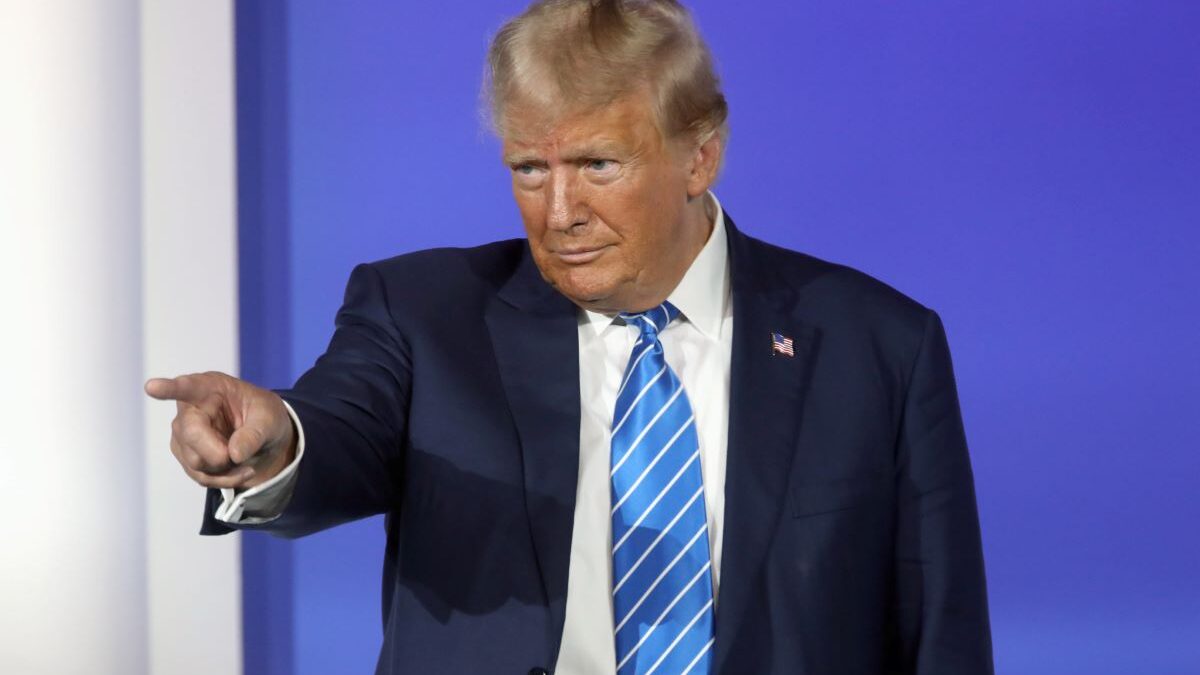
Accusations of abuse of power come cheap in Washington these days. Just last week:
- The House of Representatives voted to hold former IRS administrator Lois Lerner in contempt of Congress for abusing the agency’s authority in its special scrutiny of applications for tax exempt status from conservative non-profits.
- Democrats responded by accusing Republicans of a McCarthyite trampling of Ms. Lerner’s 5th Amendment rights.
- Republicans in the House established a select committee to investigate White House and State Department abuses in the aftermath of Benghazi.
- Democrats responded by accusing Republicans of politicizing the Benghazi deaths by citing the creation of the committee in a fundraising email.
- President Obama accused Republicans of filibustering “about 500 pieces of legislation that would help the middle class” since 2007.
- The Washington Post fact-checker responded by awarding the president “four pinocchios.”
The great political irony of this back-and-forth mudslinging is that most of the slingers privately rework Lord Acton’s famous phrase about power to read that “power in the right hands tends to ennoble, and absolute power in the right hands ennobles absolutely. Great men are almost always good men when they agree with me.” Power is thus as popular in private as it is scolded in public.
Early American political leaders understood power differently. For them, power was a necessary political tool. It did not make men bad or good (though it could expose their character) but rather served as the instrument of bad or good political ends. Thus Alexander Hamilton could defend the Constitution’s much-maligned “necessary and proper” clause as a simple deduction of reason in Federalist 33:
What is a power, but the ability or faculty of doing a thing? What is the ability to do a thing, but the power of employing the means necessary to its execution? What is a LEGISLATIVE power, but a power of making LAWS? What are the means to execute a LEGISLATIVE power but LAWS? What is the power of laying and collecting taxes, but a legislative power, or a power of making laws, to lay and collect taxes? What are the proper means of executing such a power, but necessary and proper laws?
This, of course, does not mean that there were no (just or unjust) accusations of the abuse of power in the American founding era. Any reader of the many fine books that chronicle 18th century American political history has learned that the art of political mudslinging was perfected very early on in our history (it wasn’t George W. Bush or Barack Obama who was called “a hideous hermaphroditical character” by his opponent). And, in fact, there was perhaps no political leader more controversial or more frequently (and falsely) charged with abusing power than Hamilton himself.
One of the earliest charges Hamilton had to rebut, as the anonymous co-author of The Federalist, was the accusation that supporters of the Constitution were usurpers-in-waiting, anticipating the day when they would take up the enlarged prerogatives of the new national government and begin to impose their will on their fellow citizens.
Hamilton’s response, evident in the passage above, was to redirect his reader’s attention from questioning the motives of the Federalist supporters of the proposed Constitution to “the constitutional operation of the intended government.” The Constitution articulated a defined set of national ends in its preamble. It appropriated to the national government the powers “necessary and proper” for the attainment of these ends in the seven Articles that followed. It established multiple layers of internal (checks and balances) and external (regular elections) accountability to ensure that officeholders would use the appropriated power for the specified ends–and in ways that were consonant with the most fundamental purpose of the American regime: the protect of God-given natural rights.
This whole system was open to inspection and liable to just criticism. Could fatal flaws be found, neither Hamilton nor Madison shrunk from saying that it ought to be rejected. In Federalist 23, Hamilton wrote: “A government, the constitution of which renders it unfit to be trusted with all the powers which a free people ought to delegate to any government, would be an unsafe and improper depositary of the NATIONAL INTERESTS.” Madison meanwhile wrote in Federalist 39 that “if the plan of the convention, therefore, be found to depart from the republican character, its advocates must abandon it as no longer defensible.”
It is in this context that Madison discusses the specific powers granted to the Federal Government under the proposed Constitution in a six-essay series beginning with Federalist 41. In Federalist 43, he particularly defends the propriety of nine “miscellaneous” powers. Here, as in the other essays in the series, Madison demonstrates just how carefully the Convention constructed the Constitution, correcting small (and large) errors in the Articles of Confederation, choosing words that conveyed, with all possible precision, the idea they had in mind, and otherwise ensuring that the national government would have all the power necessary to secure the rights of the American people and no power that would only menace those rights.
For example, in discussing the power to punish treason, Madison notes that the Convention narrowly defined the term in the text to avoid leaving room for the “new-fangled and artificial treasons [that] have been the great engines by which violent factions, the natural offspring of free government, have usually wreaked their alternate malignity on each other . . . .” In another place, he shows that the language of the Article IV “guarantee to every State in the Union” of a “republican form of government” presupposes an existing republican form in each of the states, lest it be misused to force undesired changes upon the states.
This sort of textual analysis would be absurd unless:
a. the framers chose their words with special care; no one, after all, puts any weight on the different shades of meaning implied by words spoken off-the-cuff or in a hastily-composed email or text message;
b. the scope of the particular powers of the Constitution was meant to be understood by the plain sense of the terms with which they are described: as Thomas Jefferson argued in making the case (rightly or wrongly) against the constitutionality of a national bank, if the “general welfare” clause at the beginning of Article I, Section 8, allows Congress to do anything that promotes the general welfare, then the list of powers granted to Congress could end right there.
Madison’s reflections on the guarantee of a republican government in every state are important in other ways as well. One might suppose that the states are free to modify their constitutions as they please–and they are, within republican bounds. But, Madison argues, it would not be safe within an “intimate” Union for one or more states to abandon “the forms of government” in place when it was established by instituting hereditary offices, for example.
What is the significance of this today? Can we use this provision to save us from the Hillary-Jeb American nobility tour 2016? Probably not, at least so long as they’re running for national office. But this, in fact, points us to a challenge the founders’ Constitution did not resolve within the text. While the national government was designated as the guarantor of a republican form of government in the states, there is no one and nothing to guarantee the national government’s republicanism beyond an Article I, section 9, prohibition of Congress granting titles of nobility.
It is not that they were unable to do more. There are two limitations on the Article V power to amend the Constitution that reflect the commitment of the framers to honor the key compromises of the Convention. A more noble limitation might have protected the republican structure of the system. But, the founders knew, whatever defense the whole might need from the corruption of a part, if the whole were to become corrupt, no mere “parchment barrier” could save American republicanism.
And neither could a respect for the mere form of a republic. We’ll elect a new Congress in November and a new president in 2016. Before, between, and after these elections, Congress will pass its laws and hold its hearings, the executive branch will issue its regulations and administer its programs, and the judges will make their rulings. Will they do so in ways that promote Union, justice, domestic tranquility, the common defense, the general welfare, and “secure the Blessings of Liberty to ourselves and our Posterity”? Exactly to the degree that the people guarantee to themselves a truly republican government.
David Corbin is a Professor of Politics and Matthew Parks an Assistant Professor of Politics at The King’s College, New York City. They are co-authors of “Keeping Our Republic: Principles for a Political Reformation” (2011). You can follow their work on Twitter or Facebook.









